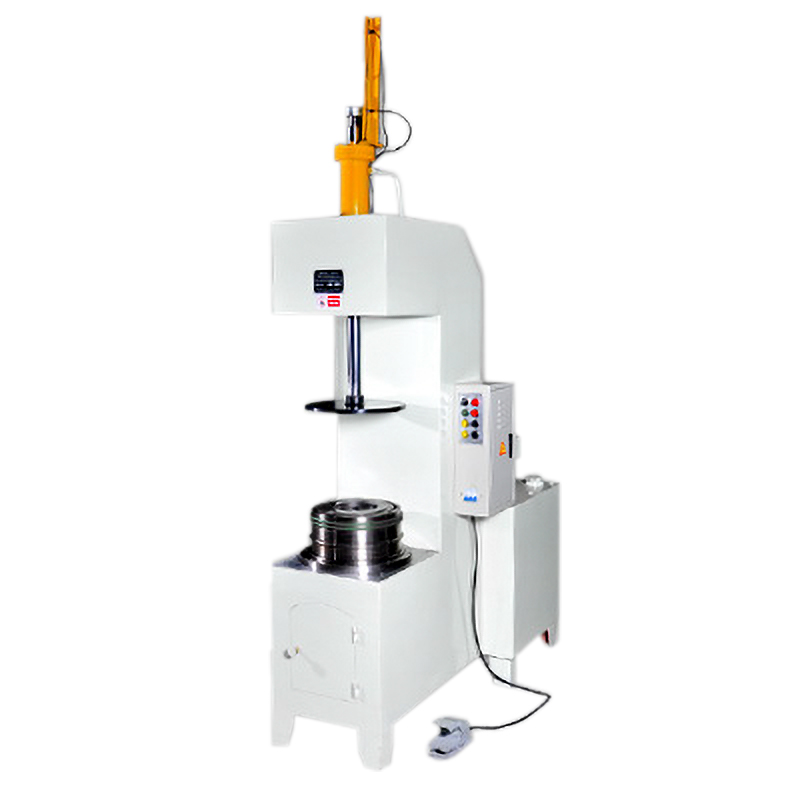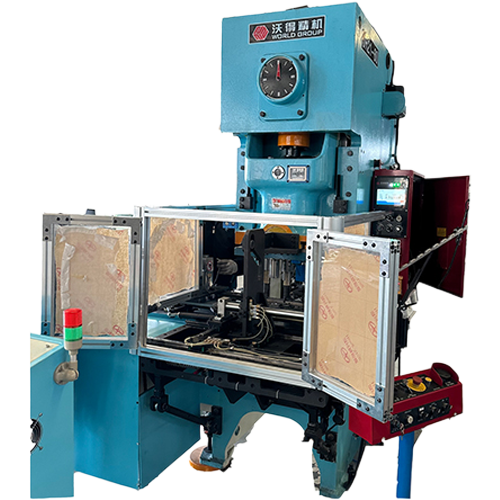Speaking of can sealing
When it comes to can sealing, you have a variety of options to choose from. You can choose to purchase a manual canning machine or an electric model. The two machines differ in size, but their function is to seal the jars. If you just need a general-purpose machine for a few different tasks, a manual canning opportunity is perfect. If you prefer mass production, then automatic machines may be the right choice.
Fully automatic canning machine equipped with four rollers, double-layer sealing is achieved through two independent operations. It is capable of sealing all types of cans, including paper cans, aluminum cans, iron cans and tuna cans. Paper cans with a large diameter of 130 mm can also be sealed. The fully automatic canning machine can also be equipped with an optional lid opening device and can be customized according to specific needs. Here are some common types of can sealers.
Their vacuum sealers are robust and suitable for a variety of industries. All their machines are compatible with all types of jars. If you are looking for a machine that is easy to operate and produces high-quality products, a vacuum sealer is a very good choice.
An electric canner is a versatile piece of equipment in your business. It comes with a sturdy stand that fits many different types of jars. Fully automatic canning machines are ideal for the beverage and food industries because they reduce labor intensity and reduce the risk of defects caused by human factors. Fully automatic machines also save you money on labor and cans. If you're interested in buying an electric canning machine, consider one with a dual-motor design. Dual motors will improve sealing efficiency while reducing noise.
Another important aspect of a successful capping machine lies in the quality of the seal. The lid is interlocked with the tank body by a “flange” and is sealed to prevent leakage. The lid and the can are not completely sealed, but rather have a loose connection between them. The secondary rolling operation is a critical part of the process as it folds the crimped portion of the lid in the direction of the flange of the tank. Successfully completing this stage of sealing operation can prevent leakage and poor sealing problems.
For the sealing of jars, there is another option —— induction sealer. Such a machine is capable of aluminum foil sealing of jars containing articles. Once filled, the machine passes through a conveyor belt and operates under the action of electromagnetic current. As the magnetic field passes through the inner sealing aluminum foil, the aluminum foil melts, completing the closure of the inner sealing. It should be pointed out that this type of machine is suitable for large-scale production, but can also be used for small-scale production.

Recommended Products


 EN
EN
 中文简体
中文简体 English
English













